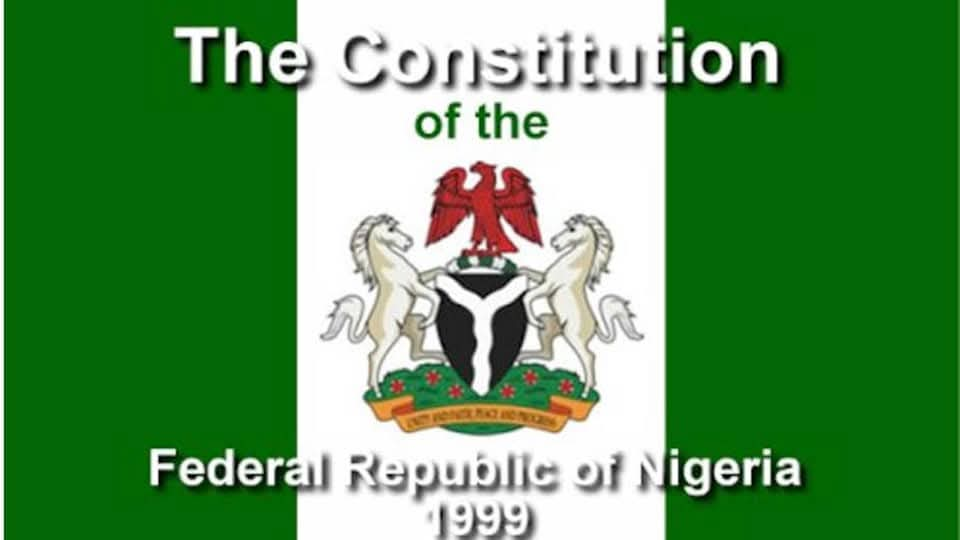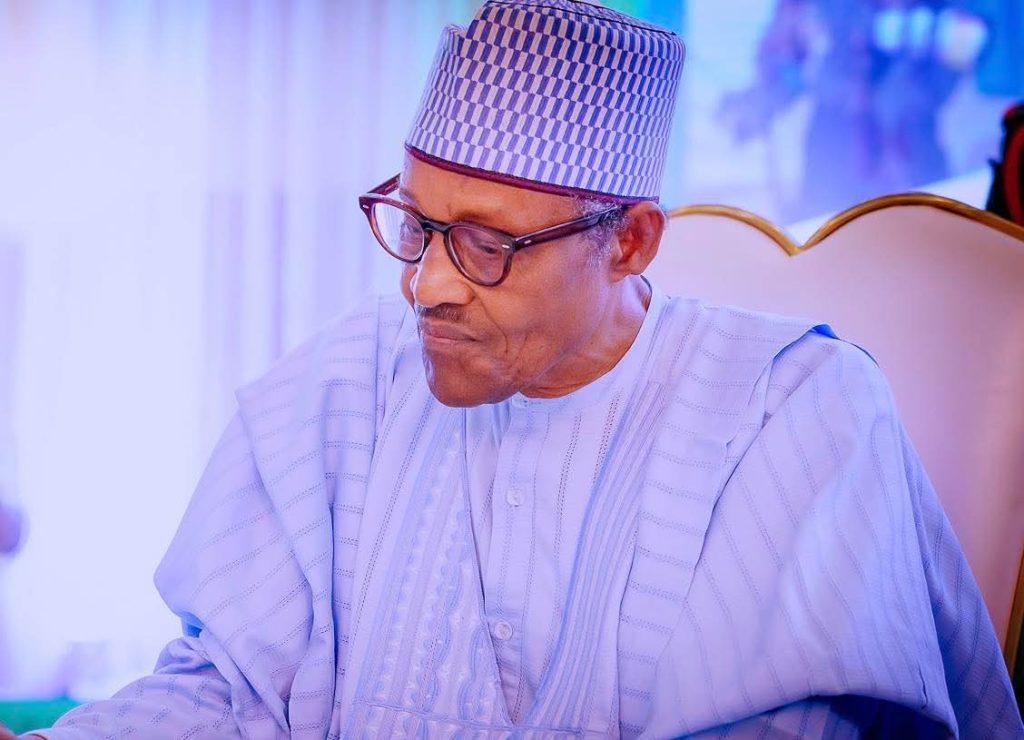Economy
Nigeria’s Missed Opportunity: The Case for BRICS Membership

Nigeria’s reluctance to join BRICS poses a threat to our economic future, hindering potential benefits from an alliance that challenges the traditional global economic order. It’s time to reconsider and position ourselves strategically in the evolving landscape.
In a world marked by shifting economic dynamics, the BRICS alliance (Brazil, Russia, India, China, and South Africa) stands out as a formidable force challenging the dominance of traditional economic powers. Nigeria’s decision to stay on the sidelines could be deemed retrogressive, a missed opportunity that hampers our ability to shape our economic destiny.
BRICS is an acronym that refers to a group of five major emerging national economies: Brazil, Russia, India, China, and South Africa. The BRICS nations are known for their significant influence on regional and global affairs, and they are recognized for their substantial impact on international economic development.
Here’s some information on each of the BRICS countries:
1. Brazil:
– *Capital:* Brasília
– *Currency:* Brazilian Real (BRL)
– *Economy:* Brazil is the largest economy in South America and has a diverse economy, including agriculture, mining, manufacturing, and services.
2. Russia:
– *Capital:* Moscow
– *Currency:* Russian Ruble (RUB)
– *Economy:* Russia has a mixed economy, heavily dependent on natural resources such as oil and gas. It is a major player in global energy markets.
3. India:
– *Capital:* New Delhi
– *Currency:* Indian Rupee (INR)
– *Economy:* India has a mixed economy with agriculture, manufacturing, and services sectors. It has experienced rapid economic growth and is known for its information technology and software services industry.
4. China:
– *Capital:* Beijing
– *Currency:* Renminbi (CNY)
– *Economy:* China is the world’s second-largest economy and has seen remarkable economic growth. It is a major manufacturing and exporting hub and plays a crucial role in global supply chains.
5. South Africa:
– *Capital:* Pretoria (administrative), Bloemfontein (judicial), and Cape Town (legislative)
– *Currency:* South African Rand (ZAR)
– *Economy:* South Africa has a diverse economy, including mining, manufacturing, agriculture, and services. It is an important player in the African continent’s economy.
The BRICS countries engage in regular summits to discuss cooperation on various issues, including economic development, political influence, and global governance. They often advocate for reform in international financial institutions to better reflect the changing global economic landscape. The BRICS grouping represents a shift in global economic power away from traditionally dominant Western economies toward emerging nations.
* A New Economic Paradigm:
BRICS represents an alternative to the long-standing global economic order that has often been seen as unjust and exploitative, especially for emerging economies. As Nigeria aspires to break free from the apprentice role within the Western economic system, joining BRICS offers a path to a more balanced and equitable international economic framework.
*Economic Powerhouses Unite:
The BRICS nations collectively wield significant economic influence, encompassing diverse sectors such as agriculture, manufacturing, services, and technology. By aligning with this bloc, Nigeria could tap into new markets, foster technological exchange, and bolster economic resilience.
*The Need for a Paradigm Shift:
Remaining attached to the conventional Western economic model might lead Nigeria nowhere in the long run. The global economic landscape is evolving, and BRICS is at the forefront of shaping a new paradigm. Nigeria’s refusal to actively participate risks us being left behind in an era where collaboration and strategic partnerships are paramount.
*Unlocking Economic Potential:
BRICS membership opens doors to extensive opportunities. Nigeria could benefit from shared expertise, technological advancements, and mutually beneficial trade agreements. As the alliance advocates for a fairer global economic system, Nigeria’s involvement could position us as key contributors to shaping these reforms.
*Strategic Considerations:
While concerns about the shift away from traditional alliances may exist, embracing BRICS aligns with Nigeria’s aspiration for economic self-sufficiency and global relevance. The alliance allows for diverse partnerships, reducing dependency on a singular economic giant.
Potential Gains for Nigeria from BRICS Alliance
1. Diversified Economic Partnerships:
– BRICS provides Nigeria with an opportunity to diversify its economic partnerships beyond traditional alliances. Collaborating with emerging economic powerhouses like Brazil, Russia, India, China, and South Africa can open up new avenues for trade and investment.
2. Access to Growing Markets:
– BRICS nations collectively represent a significant portion of the global population and GDP. Joining this alliance could grant Nigeria access to these vast markets, fostering trade relations that can benefit various sectors of its economy.
3. Technology Transfer and Innovation:
– Collaboration with BRICS nations, known for advancements in technology and innovation, can facilitate the transfer of knowledge and expertise. Nigeria stands to gain from partnerships that enhance its technological capabilities and drive innovation across industries.
4. Infrastructure Development:
– BRICS countries often engage in infrastructure development projects. Nigeria, by aligning with this alliance, may attract investments and support for critical infrastructure projects, addressing gaps in areas like transportation, energy, and telecommunications.
5. Energy Cooperation:
– Given Nigeria’s position as a major oil-producing nation, engaging with BRICS members could lead to strategic energy cooperation. Joint ventures, technology exchanges, and investments in the energy sector might contribute to Nigeria’s energy security and sustainability.
6. Diplomatic Influence:
– Active participation in BRICS could enhance Nigeria’s diplomatic influence on the global stage. It provides a platform for collaboration on international issues and a stronger voice in shaping global economic policies.
7. Multilateral Trade Agreements:
– BRICS nations often advocate for fairer global trade practices. Nigeria’s involvement in BRICS could position it favorably in negotiations for multilateral trade agreements, contributing to a more balanced international economic system.
8. Enhanced Financial Cooperation:
– BRICS includes countries with robust financial systems. Nigeria can benefit from financial cooperation, including currency swap agreements and collaborative efforts to address global financial challenges, enhancing its economic stability.
9. Cultural and Educational Exchanges:
– BRICS emphasizes people-to-people exchanges, fostering cultural and educational collaborations. Nigeria can leverage these opportunities to strengthen educational institutions, promote cultural understanding, and facilitate skills development.
10. Global Economic Reforms:
– As a member of BRICS, Nigeria could actively contribute to discussions and initiatives aimed at reforming the global economic order. This includes advocating for more inclusive institutions and policies that consider the interests of developing economies.
While the potential gains are substantial, it’s essential for Nigeria to approach BRICS collaboration strategically, considering its unique economic landscape and long-term development goals. Active participation and alignment with the alliance’s principles can position Nigeria as a key player in shaping the future of global economic relations.
*Conclusion:*
Nigeria’s hesitancy to join BRICS appears counterproductive in a world marked by economic realignments. Embracing this alliance is not just about economic gains; it’s a strategic move towards a more inclusive and just global economic order. It’s time to rethink our position and actively pursue a role within BRICS for a brighter economic future.
For Diaspora Digital Media Updates click on Whatsapp, or Telegram. For eyewitness accounts/ reports/ articles, write to: citizenreports@diasporadigitalmedia.com. Follow us on X (Fomerly Twitter) or Facebook











